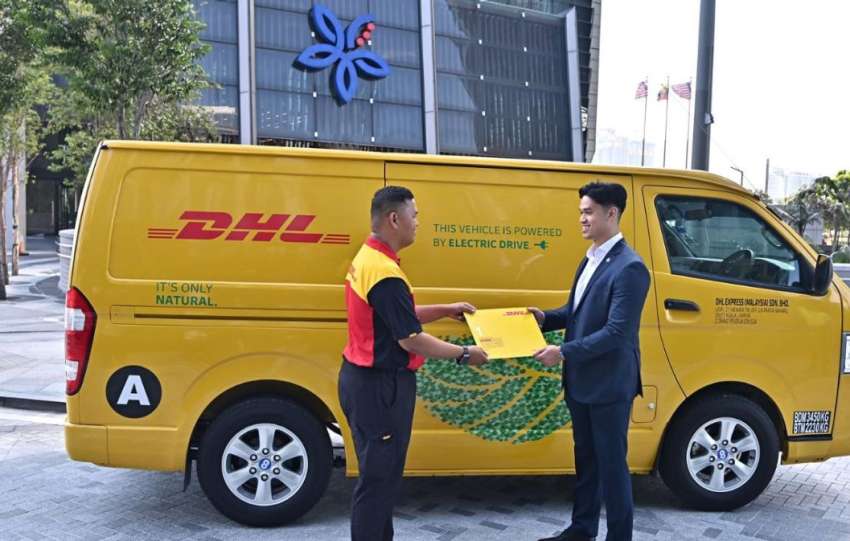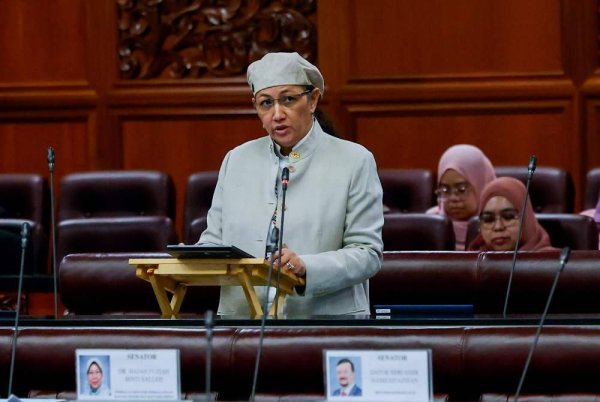March 5 – In a significant legislative move, the Carbon Capture, Utilisation, and Storage (CCUS) Bill 2025 was formally tabled for its First Reading in the House of Representatives on 4 March 2025, with the Second and Third Readings scheduled for 5 March 2025. This bill represents a critical milestone in Malaysia’s efforts to mitigate climate changewhile advancing the country’s low-carbon transition strategy.
The proposed legislation establishes a comprehensive legal framework to regulate CCUS activities, ensuring compliance with environmental and safety standards. Aligned with the National Energy Transition Roadmap (NETR) and Malaysia’s net-zero carbon emissions target by 2050, the bill is designed to facilitate the deployment of carbon capture technologies, encourage investment in low-carbon industries, and reinforce the nation’s commitment to international climate agreements.
As the global focus on decarbonization intensifies, Malaysia is positioning itself as a leader in carbon management solutions, leveraging CCUS as a key technology to reduce greenhouse gas (GHG) emissions in energy-intensive industries.
Understanding the Importance of the CCUS Bill 2025
CCUS technology has been widely recognized as an effective tool for reducing carbon emissions, particularly in sectors where decarbonization remains challenging, such as oil and gas, manufacturing, and power generation.
At COP28 in 2023, world leaders reaffirmed the role of CCUS in meeting climate targets and called for greater investment in carbon capture technologies. The introduction of the CCUS Bill 2025 aligns Malaysia with this global movement by:
✅ Providing a structured regulatory framework for CCUS operations.
✅ Strengthening Malaysia’s position as a regional leader in carbon management solutions.
✅ Encouraging sustainable economic growth through investments in low-carbon industries.
✅ Enhancing environmental protection through regulated CO₂ storage and utilization practices.
By integrating CCUS into Malaysia’s climate action strategy, the government aims to accelerate emission reductions, attract green investments, and create high-value employment opportunities in the emerging carbon management sector.
Key Provisions of the CCUS Bill 2025
The CCUS Bill 2025 comprises 10 sections with 53 clauses, outlining the regulatory, financial, and operational aspects of CCUS implementation in Malaysia.
1. Regulation of CCUS Activities
- Establishes a clear legal framework for the capture, transportation, utilization, and storage of carbon dioxide (CO₂).
- Initial storage projects will be offshore, with the Ministry of Economy conducting feasibility studies on onshore CO₂ storage options.
2. Compliance with International Best Practices
- The bill aligns Malaysia’s CCUS operations with global environmental and safety standards.
- It introduces a liability framework for CCUS operators to ensure responsible long-term CO₂ storage.
3. Implementation of CO₂ Storage Levies
- A levy will be imposed on operators managing CO₂ storage sites, with rates to be determined by regulatory authorities.
- The levy aims to ensure financial sustainability while maintaining competitive and reasonable rates for industry stakeholders.
Potential Impact of the CCUS Bill on Malaysia’s Economy and Environment
1. Supporting Malaysia’s Net-Zero Commitments
The bill is a key instrument in Malaysia’s long-term climate policy, contributing to national and international carbon reduction goals. CCUS will enable industries to mitigate emissions effectively, aligning with Malaysia’s commitment to the Paris Agreement and regional sustainability frameworks.
2. Encouraging Investment in Low-Carbon Technologies
By providing regulatory certainty, the CCUS Bill 2025 is expected to attract domestic and foreign investments in carbon capture projects, renewable energy integration, and sustainable industrial solutions. This, in turn, will help Malaysia transition toward a low-carbon economy while enhancing its competitiveness in global markets.
3. Creating High-Value Green Jobs
The expansion of CCUS projects will generate employment opportunities in areas such as engineering, environmental science, research and development, and carbon storage management. This aligns with Malaysia’s broader economic agenda of developing a skilled workforce in the green energy sector.
4. Strengthening Environmental Protection Measures
The introduction of a formal legal framework for CCUS ensures that CO₂ storage and utilization projects are conducted safely and responsibly, minimizing risks to ecosystems and communities. This enhances Malaysia’s sustainability credentials while promoting responsible resource management.
Conclusion
The Carbon Capture, Utilisation, and Storage (CCUS) Bill 2025 represents a landmark legislative effort to support Malaysia’s low-carbon transition. By creating a structured framework for CCUS development, the government is taking a proactive approach to achieving its net-zero target by 2050 while unlocking new economic and environmental benefits.
As Malaysia moves toward greater decarbonization efforts, the successful implementation of CCUS policies will play a crucial role in reducing industrial emissions, fostering technological innovation, and positioning Malaysia as a key player in the global sustainability agenda.





